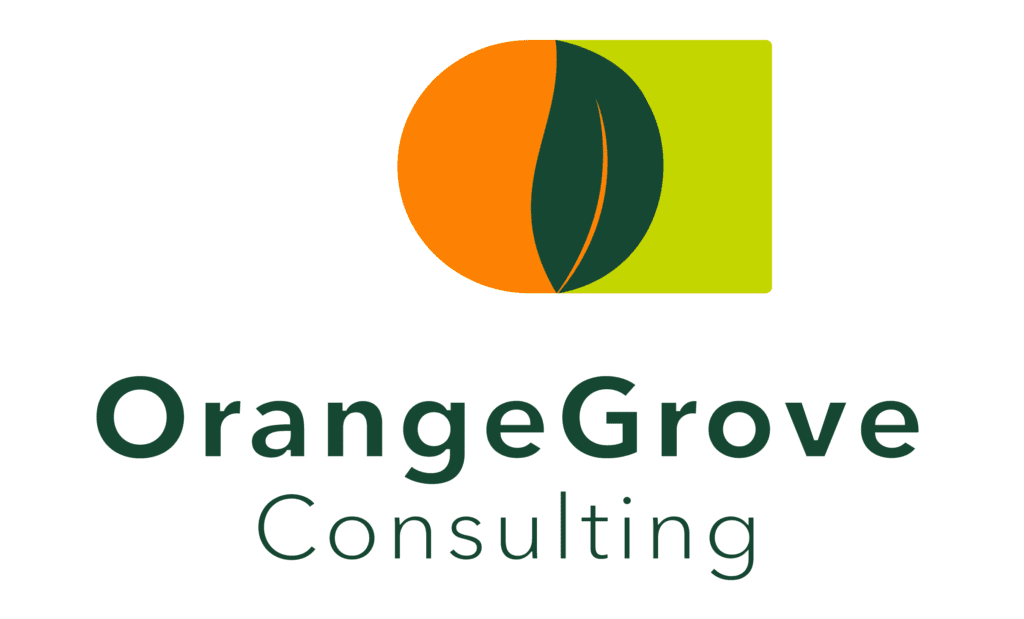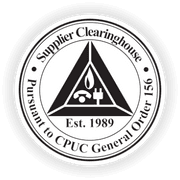The Supreme Court has delivered its long-awaited ruling on the legality of affirmative action in higher education, sparking intense debates and discussions across the nation. The Supreme Court ruled a ban on affirmative action specific to a case in university admissions, however this likely means affirmative action for other institutions will follow suit. Companies that have relied on this policy must consider alternative approaches to achieve diversity and inclusion. So what does that mean for you?
To get started, you’ll need to reevaluate your approach to building diverse teams and consider alternative strategies to ensure equal opportunities for all. Of course, there are challenges associated with affirmative action, but there are also alternative strategies for building inclusive environments.
The ruling may not be a surprise, since the effects of affirmative action have certainly been propagated in the media. Articles published in the months leading up to the ruling attribute the integration of inclusive policies – such as allowing individuals to choose their gender pronouns – with the so-called “downfall” of companies.
A critical repercussion to affirmative action is the concept of tokenism. Individuals who benefit from affirmative action policies may face perceptions that they were hired solely because of the program, leading to lower performance expectations and the reinforcement of stereotypes. This phenomenon, known as stereotype threat, can hinder the overall performance and career advancement of individuals from underrepresented groups. Tokenism perpetuates negative biases and further deters organizations from actively seeking diversity in the future.
Though Orange Grove Consulting is not in favor of affirmative action for various reasons, we do acknowledge that it has been successful in increasing diversity within organizations. The application of affirmative action, however, has its limitations and challenges. It can be viewed as a blunt tool, often leading to a tendency to fill positions with individuals from underrepresented groups without considering their qualifications or fit for the role. This approach fails to address the underlying issues and can create fairness concerns. The argument that affirmative action provides an advantage to women and people of color over white men raises also questions about fairness and potential reverse discrimination.
Instead, we at Orange Grove Consulting advocate for a shift towards more nuanced and thoughtful approaches to diversity and inclusion. Instead of rigid targets, organizations are encouraged to consider broader diversity goals and expand their candidate pool strategically. This includes thinking about where candidates from diverse backgrounds are more likely to have gained relevant experience or education. Organizations should scrutinize their job descriptions for any coded language that may perpetuate bias or limit the applicant pool, along with a range of additional strategies.
To foster an inclusive environment, it is crucial for companies to emphasize that they are open and welcoming to individuals from all demographics. This means actively seeking diversity in age, gender, and other dimensions, rather than hiring candidates who mirror the existing workforce. Additionally, organizations should focus on acquiring talent based on relevant skills and experiences rather than solely considering candidates who have previously held similar positions. By doing so, companies can break free from the biases inherent in the recruitment processes of other organizations.
While affirmative action has played a role in increasing diversity, it falls short in fully addressing the complexities of building inclusive organizations. The court ruling banning its legality certainly highlights the fact that now is the time for companies to explore alternative approaches – not only to hiring a diverse range of identities, but also ensuring the talent pipeline is fair for everyone. By striving for genuine inclusivity, your company will embrace diversity and foster greater success for all employees.
Contact Us




